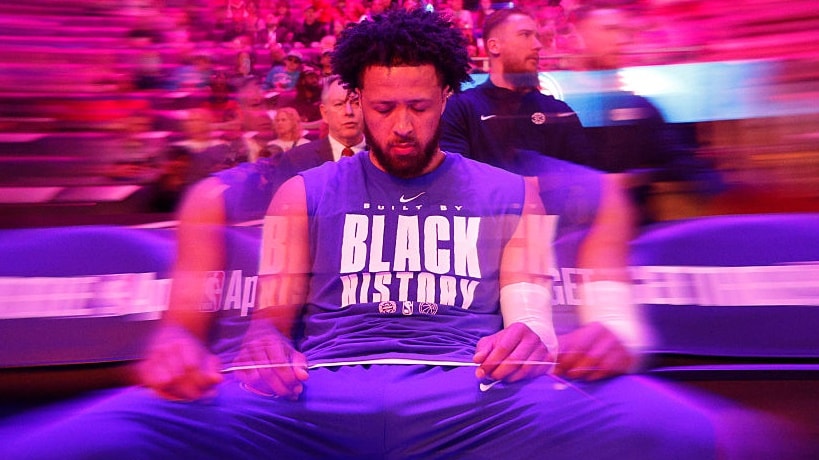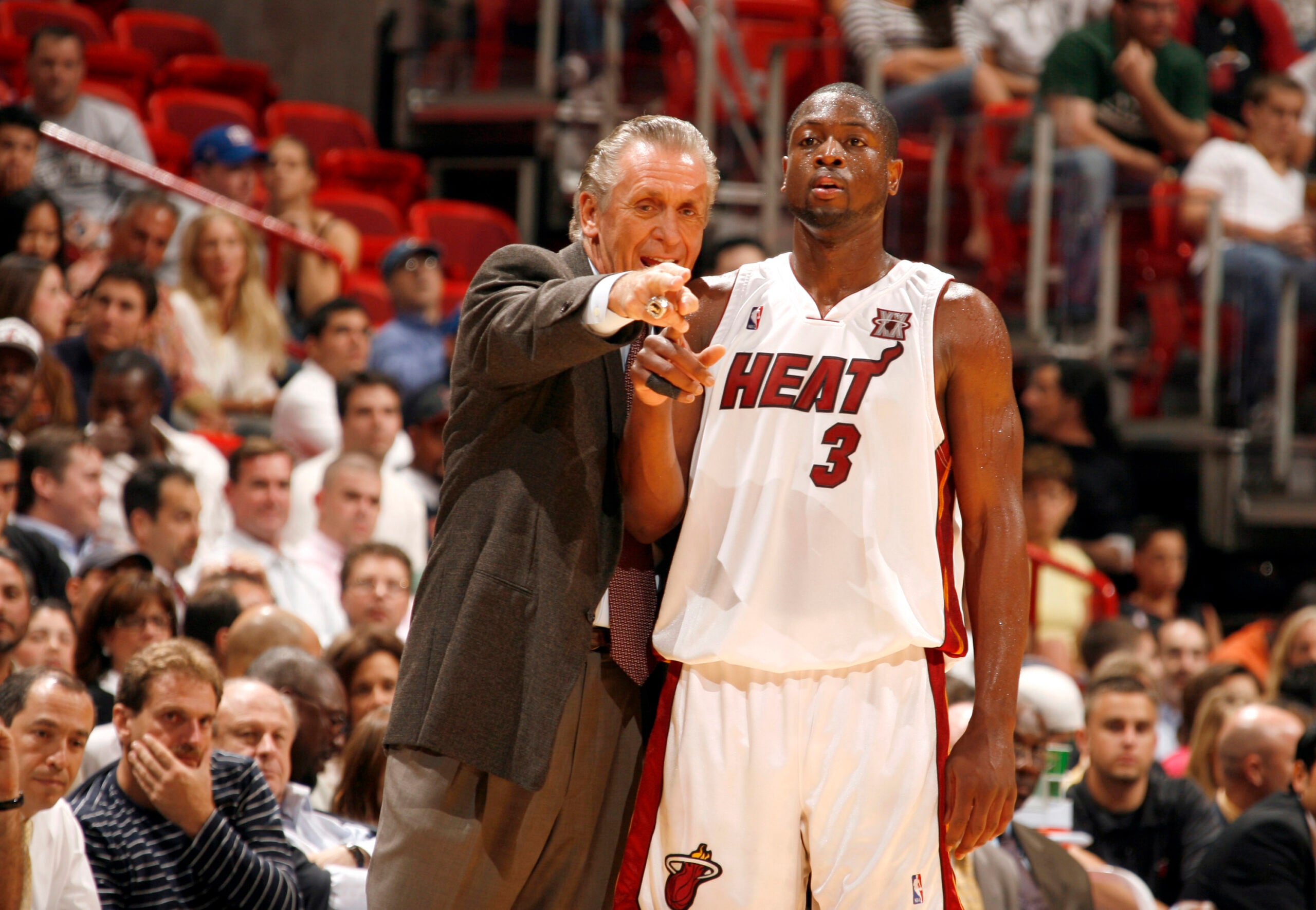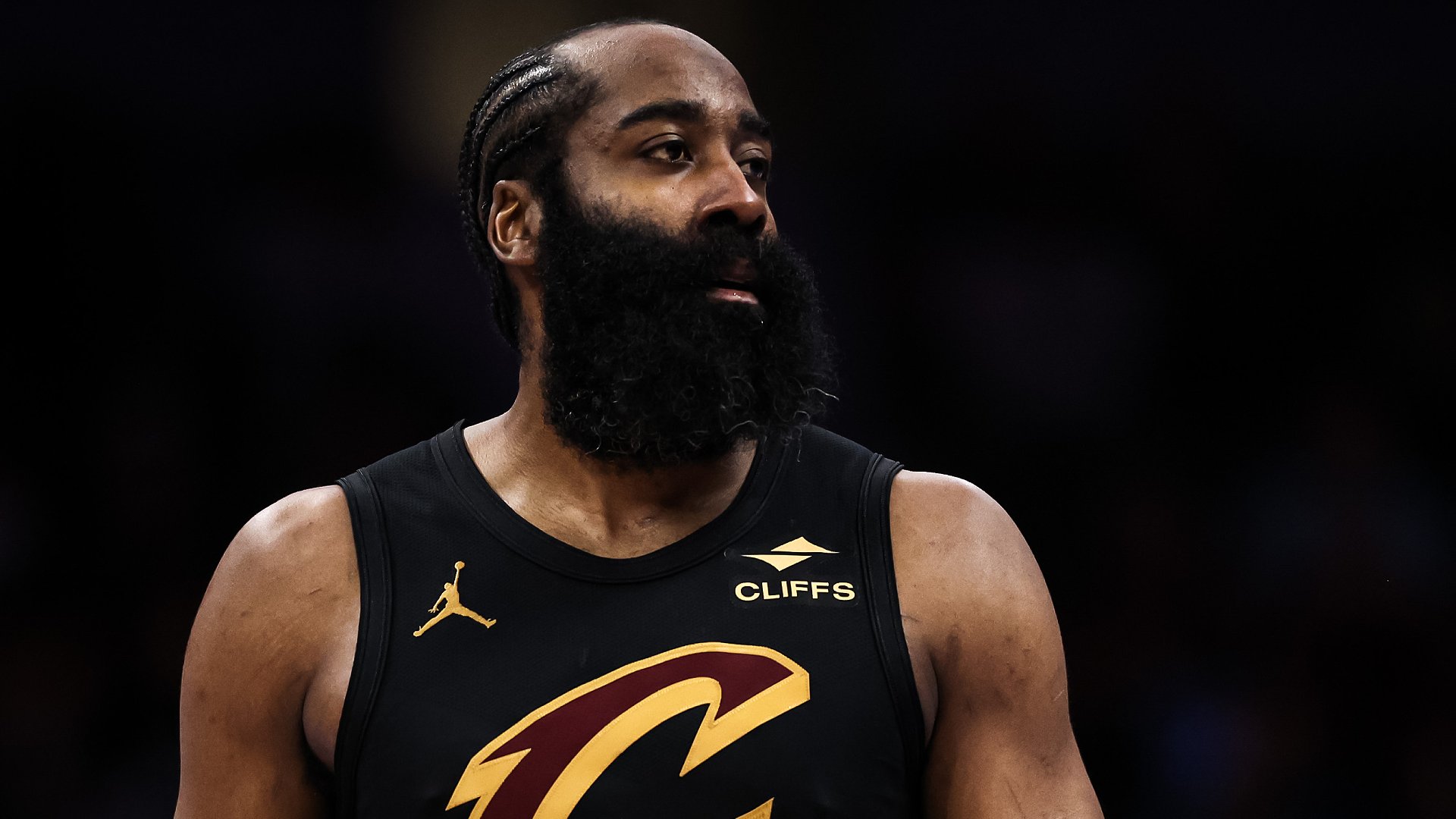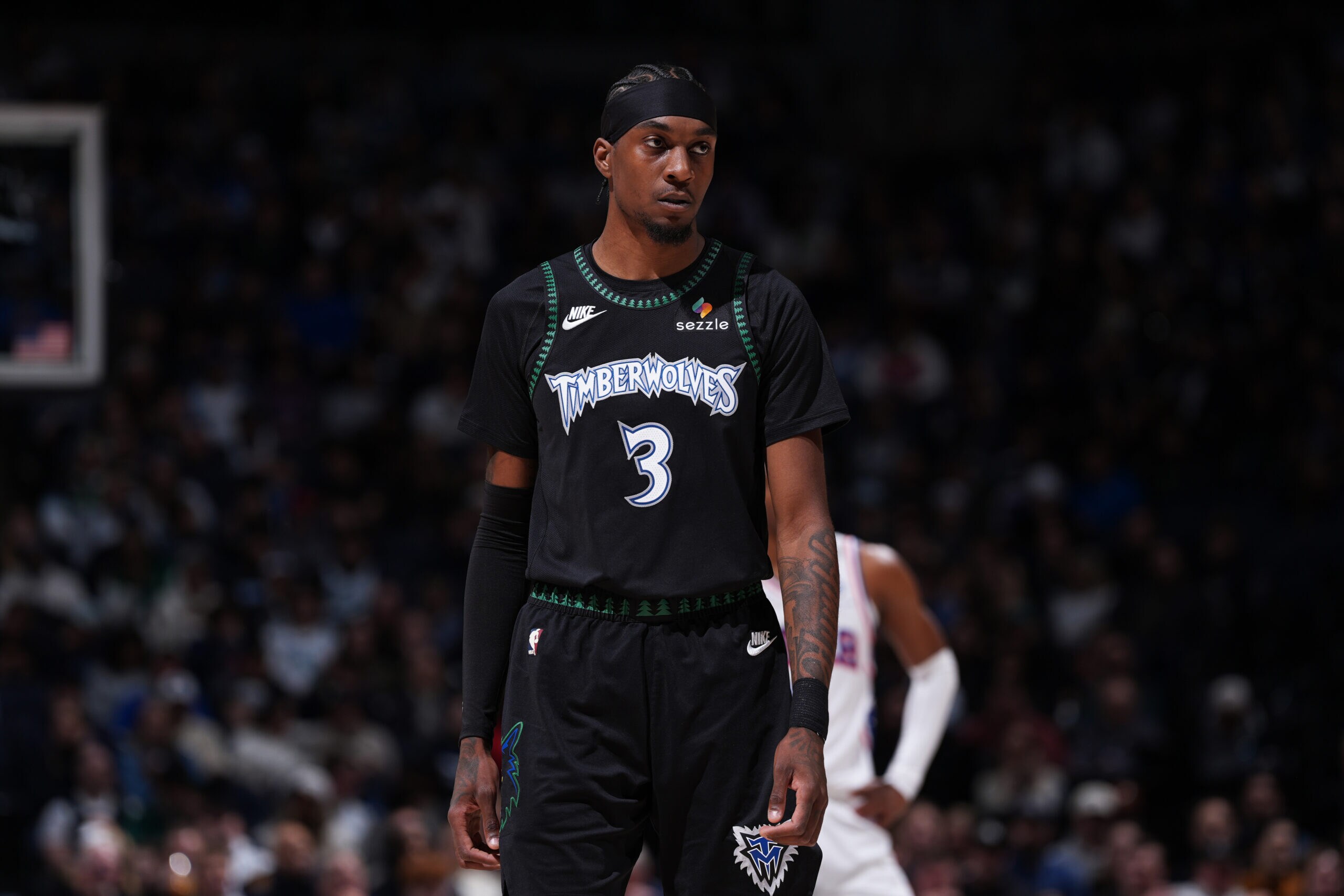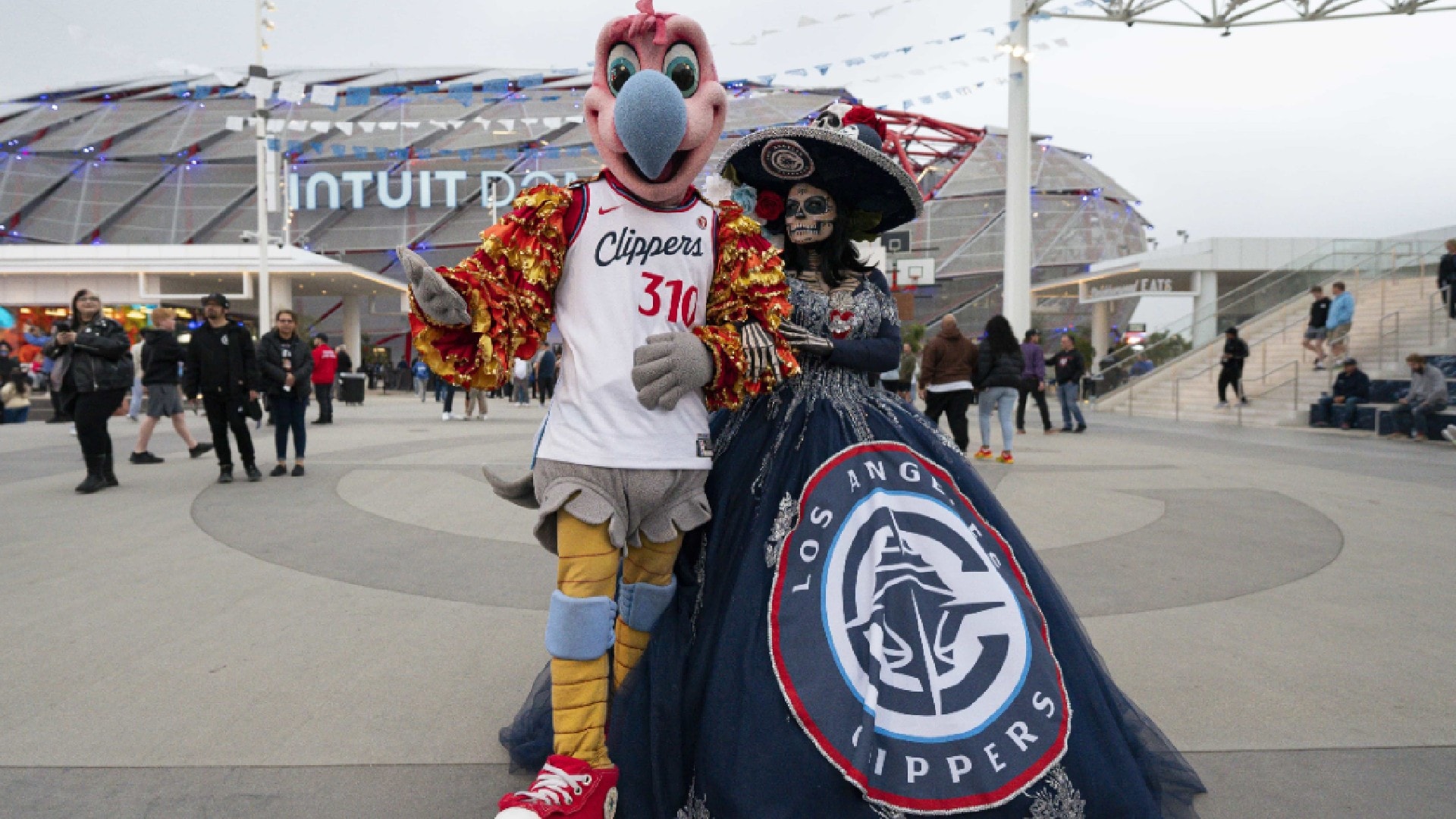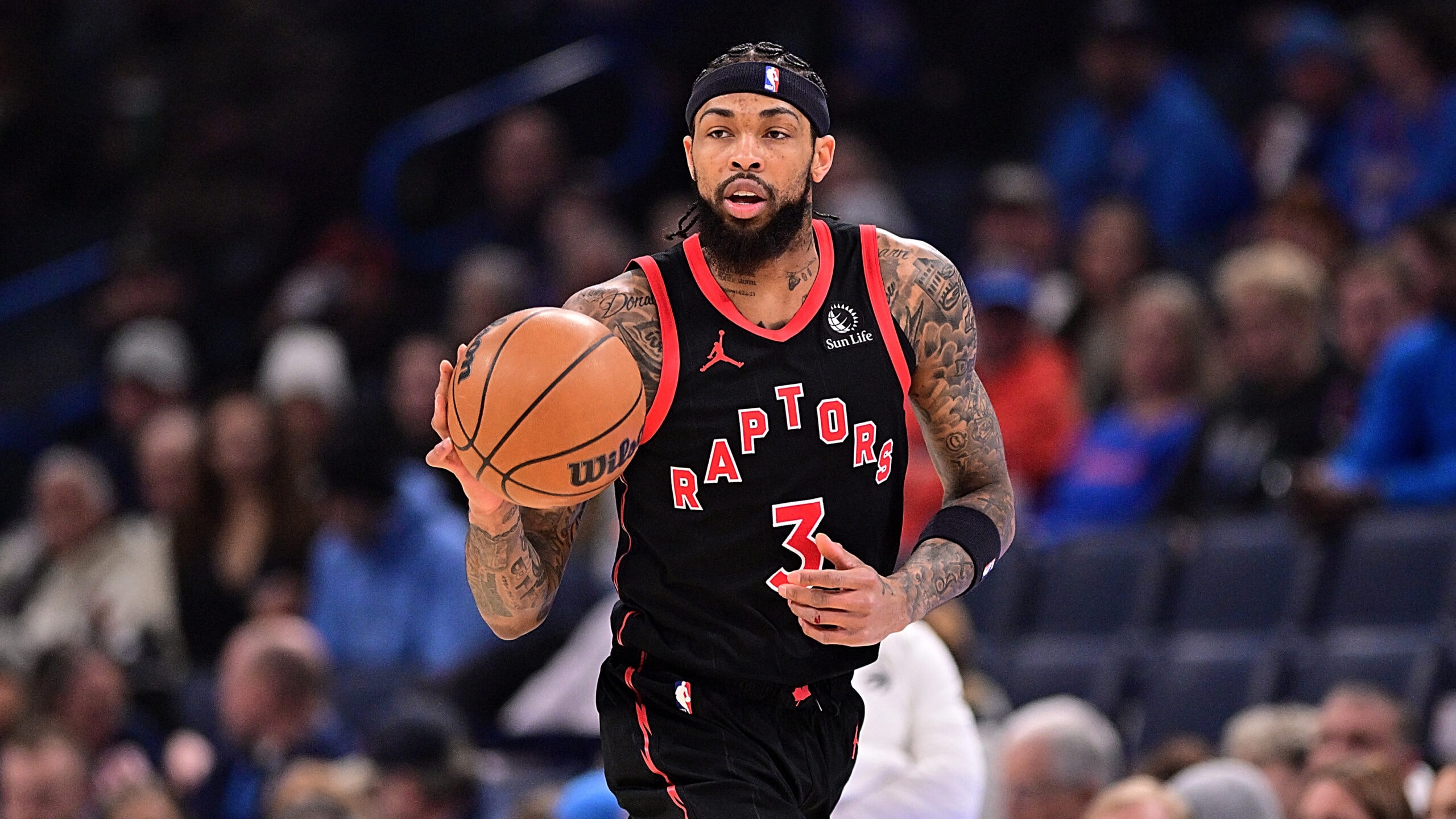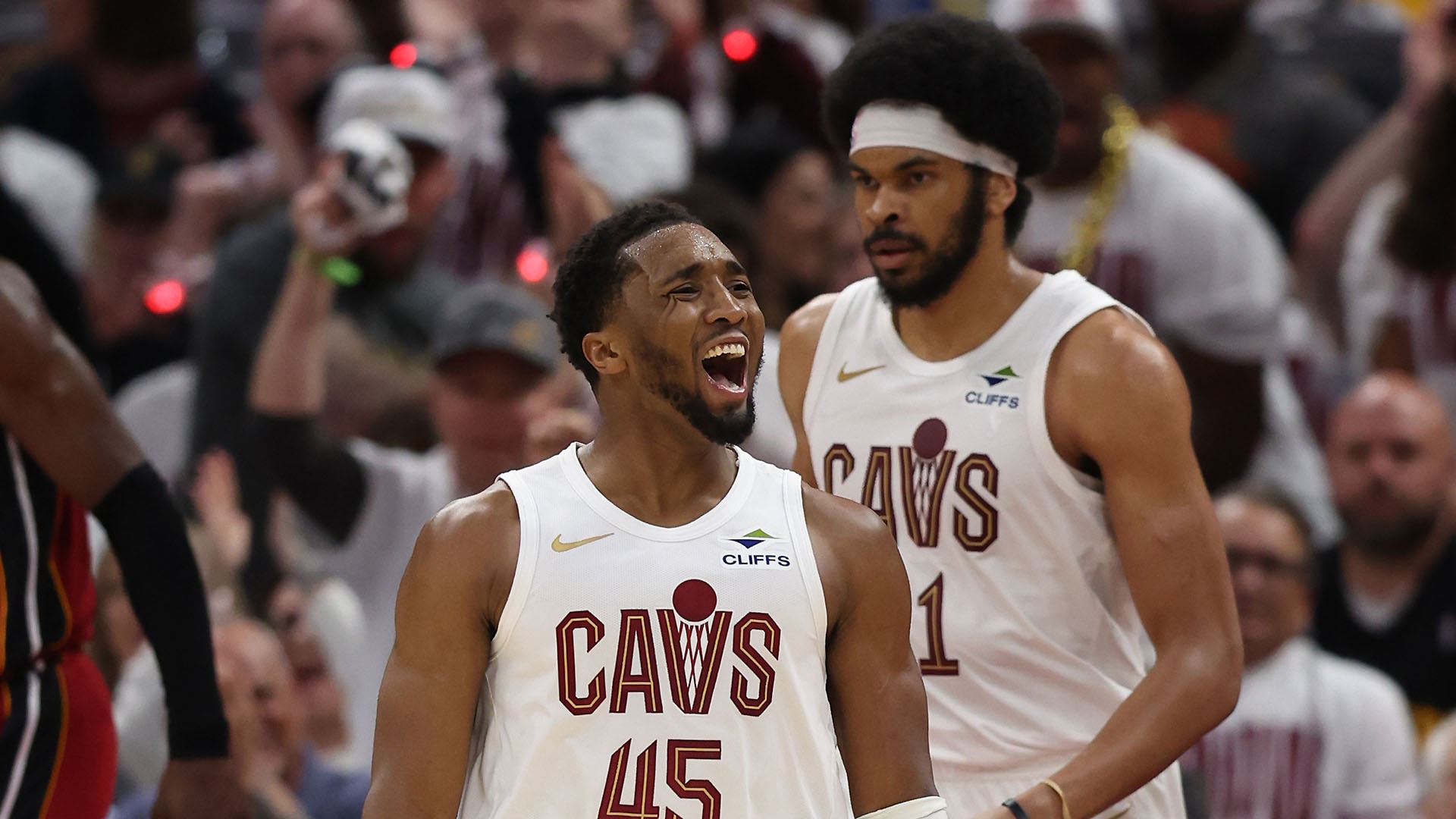
Donovan Mitchell and the Cavs are looking sharp as the 2025 NBA playoffs get rolling.
This is a relatively wide-open first round, where the only real upsets would be if one of the league’s top three teams — the Oklahoma City Thunder, Cleveland Cavaliers and Boston Celtics — were beaten.
Those three teams took care of business in Game 1, each winning by at least 17 points. But while only one of the other five games (Clippers-Nuggets) provided some real drama, we did get two more road wins than we got in the opening weekend of the playoffs last year, when home teams went 8-0.
Those two losses at home put some real pressure on the Houston Rockets and Los Angeles Lakers to play much better in Game 2, and we’ve learned over the years that every playoff game is different. So be prepared for some surprises as the first round rolls on.
Movement in the Rankings
- High jumps of the week: Miami (+4), Denver (+2), Minnesota (+2)
- Free falls of the week: L.A. Lakers (-3), Memphis (-3), Houston (-2)
* * *
Previously…
- The archive: NBA.com Power Rankings
OffRtg: Points scored per 100 possessions (League Rank)
DefRtg: Points allowed per 100 possessions (League Rank)
NetRtg: Point differential per 100 possessions (League Rank)
Pace: Possessions per 48 minutes (League Rank)
The league averaged 113.7 points scored per 100 possessions and 99.6 possessions (per team) per 48 minutes in the regular season.
NBA.com’s Power Rankings, released every Monday during the season, are just one man’s opinion. If you have an issue with the rankings, or have a question or comment for John Schuhmann, contact him via Bluesky.





















